Don't wanna be here? Send us removal request.
Text
45 notes
·
View notes
Text
Paul McCartney, CEO of London
Before he was the Prince of London™ in 1967, Paul McCartney did a photoshoot in March 1966 with French photographer Jean-Marie Périer. It was shot in and around Abbey Road Studios (but not during the Sgt. Pepper sessions, as is sometimes claimed). Paul wore a very well-tailored business suit and looks like a young, supremely confident CEO.
Most of these photos are available at Photo 12; I've tried to find non-watermarked versions.




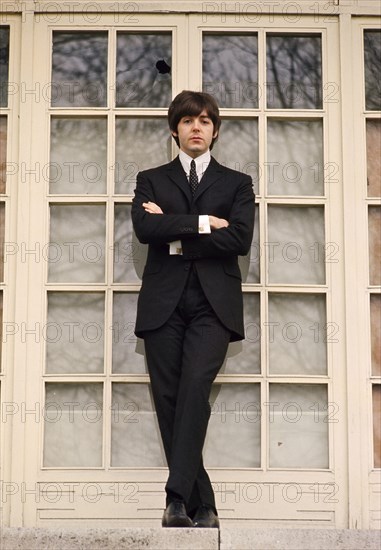
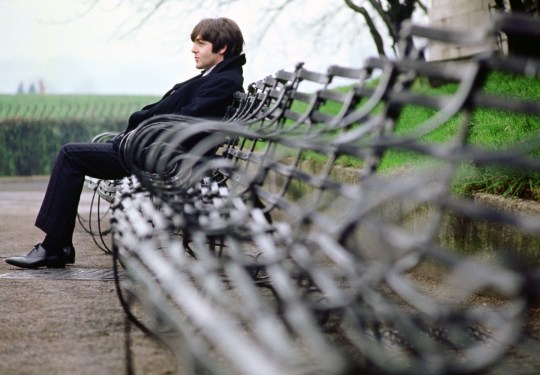
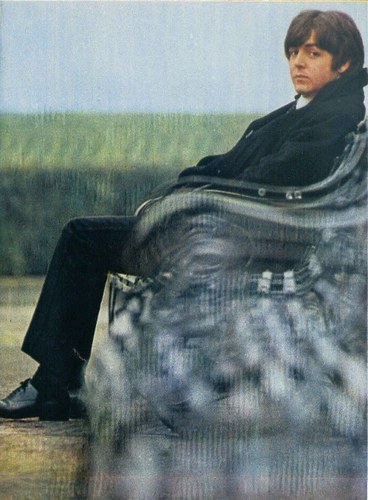
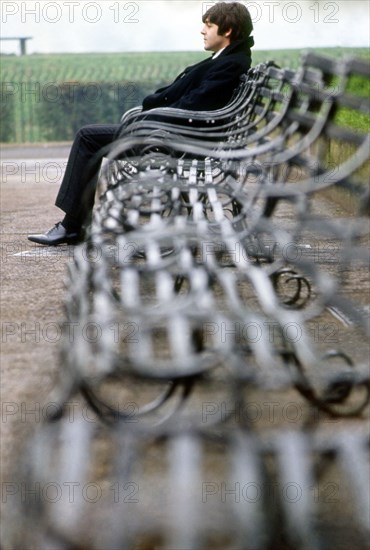
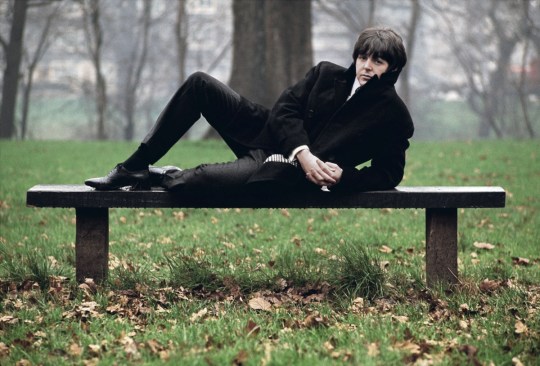
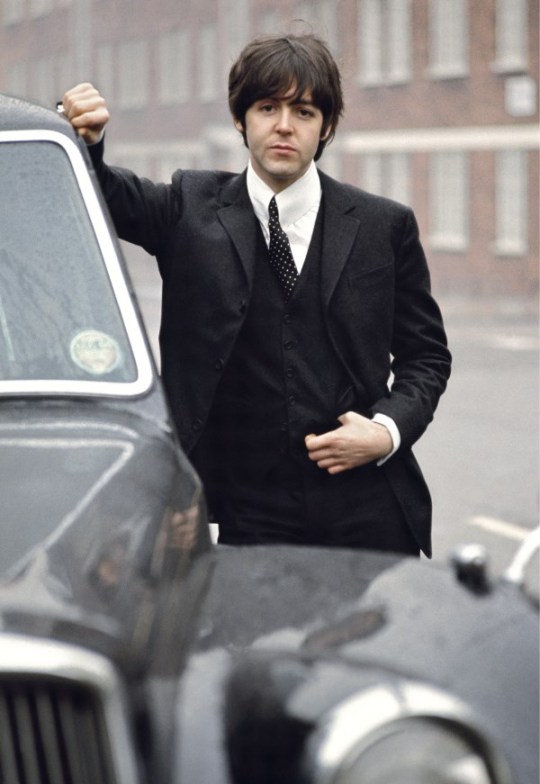
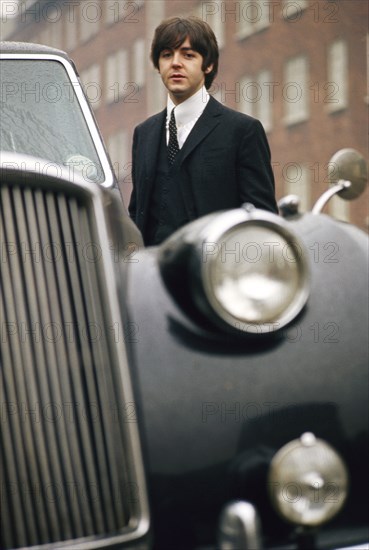
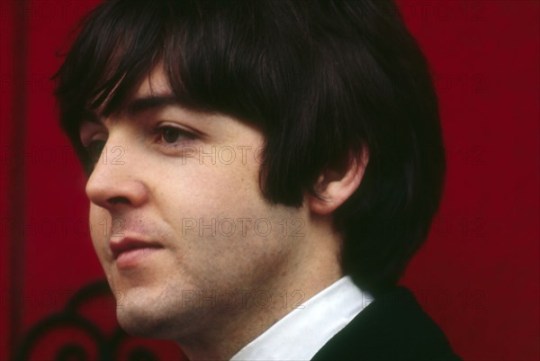
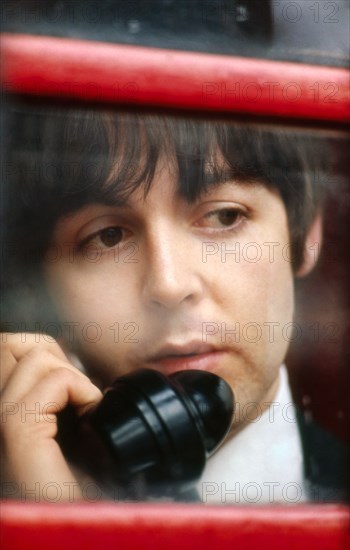
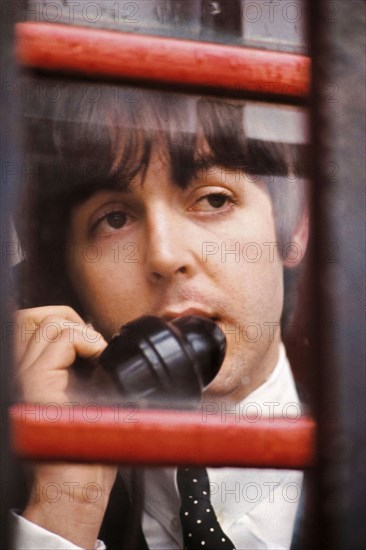

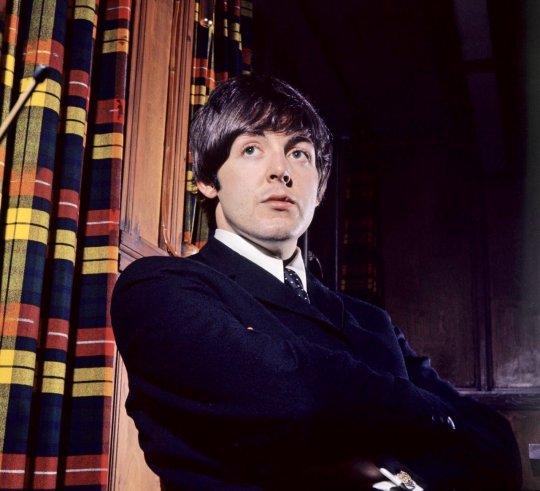


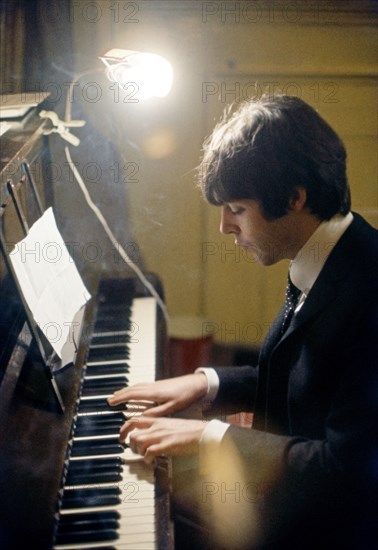
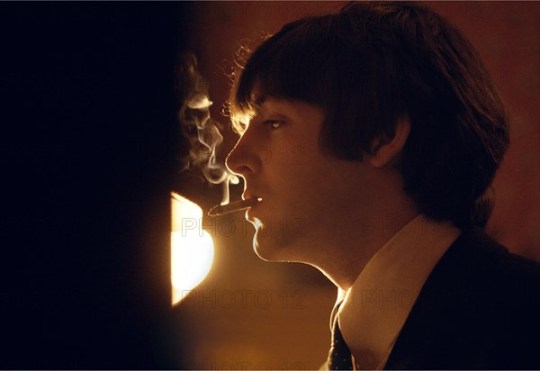
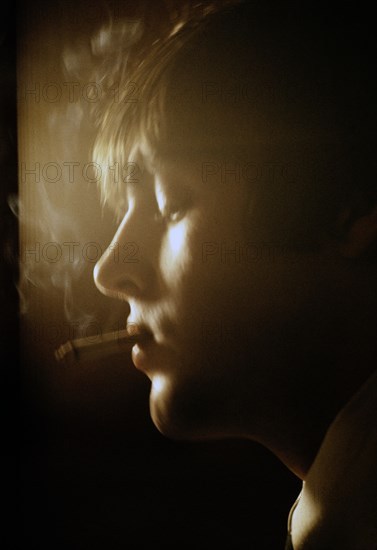


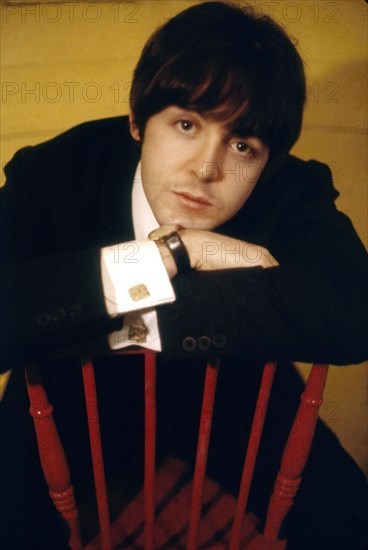
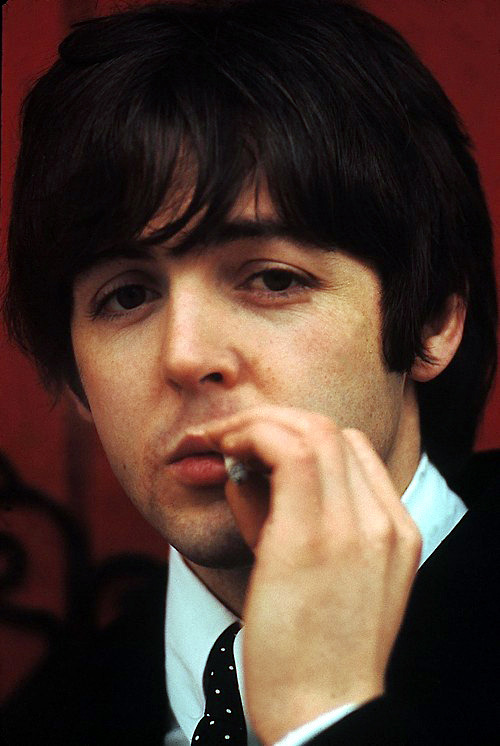
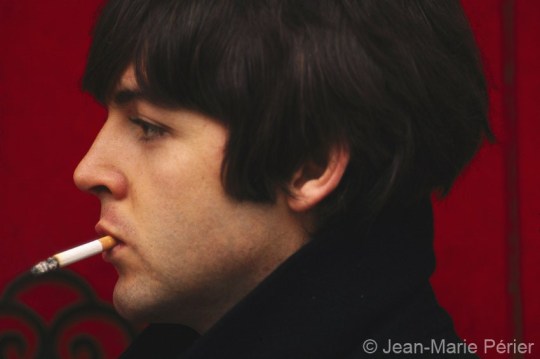
432 notes
·
View notes
Text
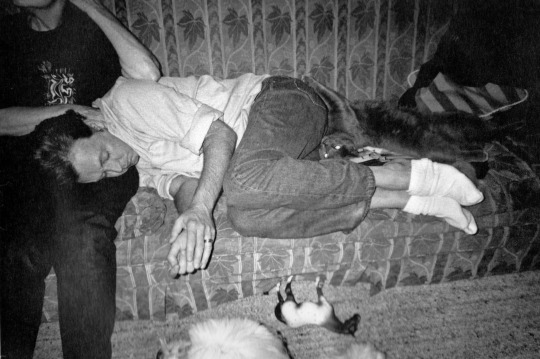

Same couch, both pics by Mary.
484 notes
·
View notes
Text
“Dr. Richard Asher is a physician who runs a psychiatric clinic at London’s Middlesex Hospital. The study of his house in Welbeck Street is filled with paintings and books. Copies of scientific journals lie scattered about. Tonight, his daughter Jane is sitting in the study talking to a friend of her brother’s, a young Cambridge student called John Dunbar. Paul walks in. Jane says that since stories about them have appeared in the papers she has been receiving many telephone calls from girls who ask for Paul and then hang up. She says that her father must keep his number public because of his practice and that he is getting annoyed with the calls. Her brother Peter comes in with his friend Gordon. They have just finished playing jazz at the Pickwick Club, and they start talking about a record they are about to make of a song written by Paul and John. Paul goes out, and I tell Peter about the Beatles’ shopping expedition. He seems particularly interested in the fact that George spent so much money on clothes. Dunbar remarks that his only problem about clothes is that his parents don’t like him to wear jeans all the time. When Paul returns, Dunbar, who is reading psychology at Cambridge, starts talking about dreams and their interpretations. Paul tells about a recurring dream he has, with a discus thrower in it. Jane and Dunbar try to analyse it, but Paul seems content merely to relate it. Peter and Gordon leave to play chemmy in a Soho club, and Dunbar and Jane continue to talk about the interpretation of dreams. As they talk Paul suddenly stands up and announces, ‘Well, I’ve had a very tiring day making lots of people happy, I’m going to bed.’”
— Michael Braun, Love Me Do!: The Beatles’ Progress. (1964)
98 notes
·
View notes
Video
2003: John’s schoolfriend Bill Harry and John’s half-sister Julia Baird talk about their initial impressions of John’s relationship with Yoko.
HARRY: I think when Yoko Ono appeared on the scene, in some ways I was disappointed because I think that was the end of the real John Lennon. That was the end of John’s real creative genius, and the things that he was himself and what he created himself, because Yoko used him as a vessel for her own ideas. “I will channel my ideas through you. We will do this.” All this avant-garde stuff.
BAIRD: John and Yoko, like you said, John just disappeared. And if you see one of those – like a sci-fi film where this person is there and suddenly they’re drawn back into space with all black stars around them and they sort of disappeared, a bit Star Trek-y. It was very much like that.
I got married and went to live in Ireland in 1968. John phoned me up from there when he brought Yoko with Kyoko to say, “Hello. This is us.” He phoned me up and we had a big long chat on the phone, and that was the last time I spoke to him myself until the mid-70s – for another, what, seven years? But for us, John did that disappearing act. He was sort of on a different track, with different ideals, with different – he was still the same John, but he was… driving his life in a different way. He got into a different car for a while and was driving from that car.
94 notes
·
View notes
Text

love this woman going on the tour just to tell people she fucked Paul #goodforher
198 notes
·
View notes
Text
I finally watched the Rupert and the Frog song (We all Stand Together). I still see people (mostly older, mostly on Facebook) dunking on “the frog chorus” and it’s just so clearly an outdated notion for it to be lame for a musician to make content explicitly for children. It’s so common now for artists who’ve become parents to make something their kids will enjoy. Jack White sang a song with the muppets on Sesame Street because he loves his fucking kids. It’s so normal now.
I get where Mary Had a Little Lamb released as single by a rock band went down wrong .. but this is creative, whimsical content explicitly *for* kids. The SONG, in particular, is beautifully composed, imaginative. Lovely! I keep listening to it.
He was 20 years into his career. The Beatles were never Led Zeppelin. It’s hard for me to wrap my head around people still being so weird about this. He such a well rounded musician; it’s all like an exploration in another part of his creativity. There are elements of the classical composing that would come later… and the playful, experimenter who made Robber’s Ball (my beloved), McCartney II, the Fireman records.
But anyway, watching this today reminded me of this moment from Behind the Scenes of BBC Radio where someone presented Paul and Mike with their childhood Rupert book. The title page filled in by their parents reads “This book belongs to Paul McCartney and Michael McCartney”.
It was either Paul or Mike who said they didn’t get many gifts as kids and for Christmas they’d usually get one toy addressed to Paul and Michael from Father Christmas. It makes me really consider why this Rupert project was so important for him that he held onto it for 15 years, always sort of considering ideas for it. There were those RAM era songs that were specifically for the “Rupert project”. It comes up so much in the McCartney legacy book.
Then there’s the element of the frogs and his history with frogs, from growing the tadpoles in his own hand made frog pond in the backyard and checking on them every day until one day they were frogs that hopped away. Then there was the dark, frog killing episode that shocked his brother and he probably felt some shame about.
But here, in this story, there are guard frogs on duty protecting their mostly undisturbed world. Happy and content, it’s the frogs that create this magical chorus.
There’s even a father and son frog pair who’ve come to see this event that only happens every couple of hundred years.
The father is rather Jim McCartney-esque with his pipe and 1940s style hat and manner. There’s a moment where the son inadvertently annoys his father and instantly recoils like he’s about to get hit and momentarily it looks like the father is considering it but gets a hold of himself.
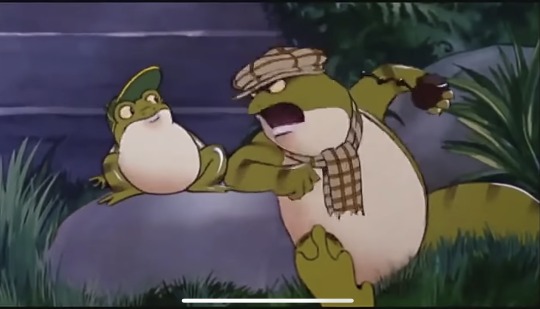
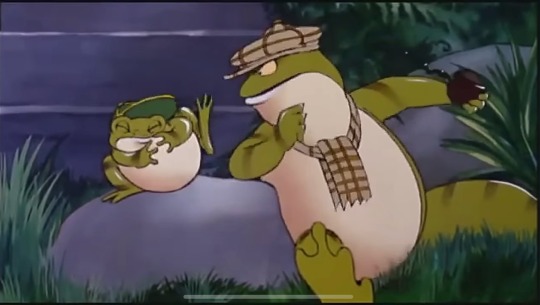
But later, wrapped up in the music together, the father hugs his son.
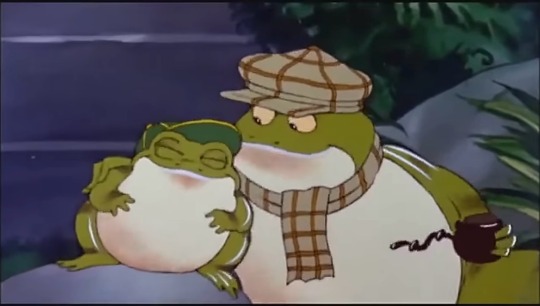
I don’t know what I’m saying exactly but I think there’s some exploration of his childhood here and something about Rupert and the frog chorus that’s particularly meaningful to him.
Maybe he’s reconciling the dark, frog killing episode of childhood with the vegetarian, animal lover he’d become by giving the frogs their own hero’s story. Rupert, Jim, the threat of violence, the presence of love, the frogs he loved but also was violent toward.. and music at the center of everything. Unifying, healing. We all stand together.
For anyone interested, the full BBC clip is here
The full Rupert short is here
206 notes
·
View notes
Text

Liverpool Daily Post, 22 June 1968
89 notes
·
View notes
Text
“[Brian Epstein and I] were neighbours, and went to a lot of parties where there was a whole bunch of people,” [Eric] Burdon recalls. “He bought a theatre [the Saville] in the West End, and it opened to a great fanfare, but it died on the vine. It looked like the whole of Brian’s world collapsed. And when The Beatles ran off with the Maharishi, stuff was crumbling all around him and he just couldn’t take it any more, I guess.
"I felt really guilty, because I felt that I could’ve maybe done more for him. But I was afraid that people were going to think that I was as gay as he was. Back then it was a big no-no, socially. That’s what made me back off from Brian and his problems. He was a guy you couldn’t reach. You’re not gonna change the mind of somebody who goes skirting around the West End of London in a white Bentley/Rolls-Royce with the top down, looking for rough trade. His death was inevitable.”
Interviewed 2013
31 notes
·
View notes
Text
Linda was around the whole time and, regardless of what people say, I think she is very much dedicated to him and he to her. I think they complimented each other. She was on the scene, behind the scene, in the control booth. It was nothing to catch them holding hands during a playback, nothing to watch them contribute to each other. They were very close. Folks had blown her up to be such a monster that I was looking to see a monster when they got here. But never believe what you hear. I found her to be a very loving, close, warm person.
— Marshall Sehorn, part-owner of Sea-Saint Studios, where Venus and Mars was recorded.
Quoted in Adam Block’s article, 'The Makka Material', within magazine Paul McCartney: Beatle on Wings (1976)
53 notes
·
View notes
Photo










Linda McCartney’s final public appearance: At Stella’s fashion show (March, 1998). About five weeks later, she would pass away after her breast cancer spread to her kidney.
605 notes
·
View notes
Text

Paul McCartney at 20 Forthlin Road in Liverpool, England | 1962 © Mike McCartney
136 notes
·
View notes
Text


😐 #NotMyMclennon
239 notes
·
View notes




